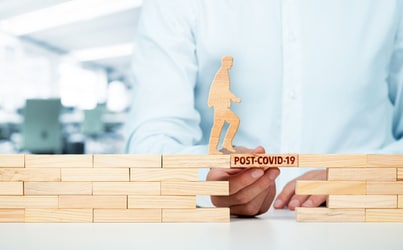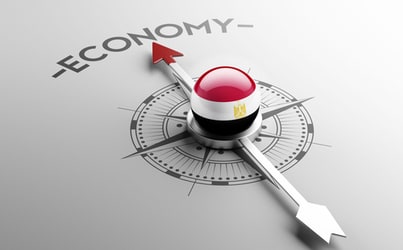Blog Posts
Advance Filter

How should retail respond to the fourth industrial revolution
As a new wave of technology signals further changes to our lives and the regional ecosystem, how should sectors such as retail adapt?
21 Jun 2020


Light at the end of the tunnel / preparing for a post-COVID-world
The global economy is deep into the worst economic crisis of the last 100 years. Across the Middle East and North Africa, the economic outlook is perhaps even more severe than elsewhere, as the region faces unprecedented dual shocks from COVID-19 and the collapse in oil prices. With malls closed and social distancing in place, consumers are simply not spending money like before.
10 Jun 2020


4 ways stakeholder capitalism can create a more resilient
Covid-19 does not recognize borders. Contagion has been evident not only in the transmission of the virus across countries but in the global economic propagation of this health shock on production, consumption and the consequent slowdown in economic activity.
09 Jun 2020


Middle Eastern markets will need a post-pandemic reset
Stakeholder capitalism can help the Mena region bounce back more resilient than ever
08 Jun 2020


How Egypts economy can continue to power ahead during a global pandemic
Egypt is one of the Middle East’s most powerful transformation stories.
05 Jun 2020


Local businesses support the economic fabric
The magnitude, complexity, and socioeconomic impact of the Covid-19 pandemic is only now being fully understood. The ongoing black swan event is, by force, pushing industry leaders to rethink and transform their global supply chain model.
28 May 2020


A New Baseline for a Greater Collective Action
Over the centuries, humans have fundamentally changed the make-up of our planet. Our activities have caused global warming and the destruction of the natural world with farming, mining, and housing driving wildlife out of their natural habitats and into more contact with people. This activity has brought imminent danger to humanity, given that 75% of all emerging infectious diseases come from wildlife.
19 May 2020


Building a workforce for an extraordinary time
Life, as most of us know it, has changed. It may not be forever but the shift has been sudden and unexpected, and we are now learning to adapt in the best interest of our families, communities and businesses.
15 May 2020


Raising a tiger / Lessons for human capital
Raising and developing our own talent is vital in an age of 'talentism', writes Mustafa El Rafey, senior vice president of human capital at Majid Al Futthaim Retail.Are you kidding? There’s teeth on the other end!”
01 Mar 2020

X
